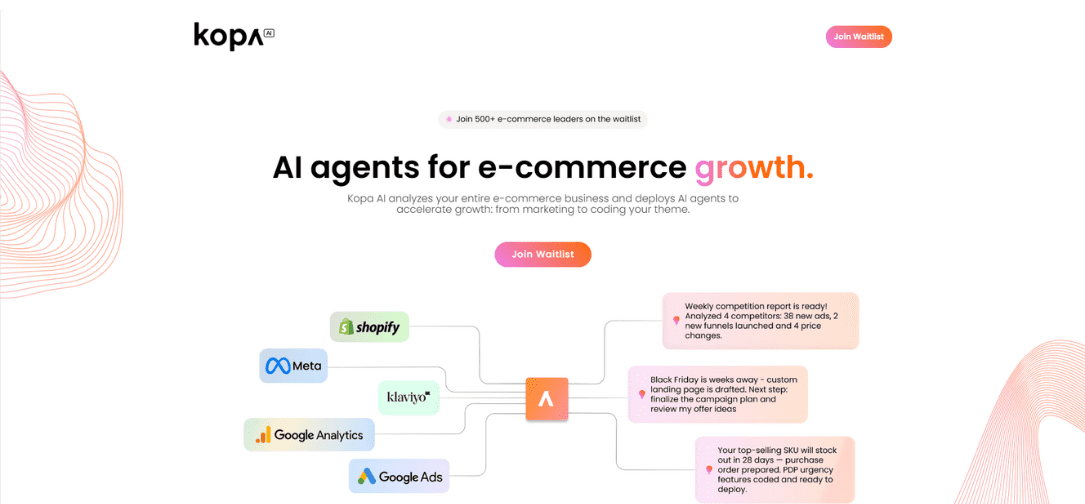E-commerce has undergone significant changes over the last decade, particularly in the realm of artificial intelligence (AI). Small to large online e-commerce stores now utilize AI-powered agents to streamline tasks and make real-time decisions that would have been made manually by humans. By the end of 2025, nearly 80% of all online stores are expected to have AI automation technology integrated into their operations.
The Evolution from AI Assistants to Autonomous Agents
The early forms of AI agents were known as AI assistants. They were more like chatbots or reactive dashboards, where you could ask questions using specific keywords and phrases. The AI assistant would then give a predetermined response based on these trigger words. Unfortunately, the AI assistants lacked the capacity to rely on their own intelligence to make independent decisions. They still required human input.
AI assistants have now evolved into autonomous AI agents. The difference between the two is that autonomous AI agents are proactive rather than reactive. They have more independent thought because they are goal-driven and capable of reason. They don’t require as much human input as AI assistants do. All you need to do is let the AI agent know what you want it to do, and it will have the intelligence to do it without any further input from you.
For example, an AI assistant would answer a question like, “What are my sales figures?” by reviewing current and historical data. An autonomous AI agent can answer a question like, “How can I increase my sales over the next month?” As you can see, the latter question doesn’t depend on historical data, but rather on proactive intelligence that generates new ideas not predefined.
E-commerce businesses are now utilizing AI agents to handle multiple key tasks of their operations. Some examples include:
- Marketing Optimization
- Optimized Decision Making
- Forecasting / Emerging Trends
- Pricing
- Repetitive Workflow Automation
- Automated Reporting
- Competitor Analysis
- Performance Monitoring
- Inventory Management
Company leaders and staff can ask their internal AI agent a question about their operations and receive an immediate answer based on current real-time circumstances. They do not have to spend time asking multiple people or manually investigating their operations to get answers. AI agents will perform most tasks quickly and accurately.
How AI Agents Handle Marketing Optimization, Forecasting, and Pricing
E-commerce businesses must frequently manage dozens of different promotions, ad campaigns, and email marketing. AI agents can optimize your marketing campaigns by automatically analyzing the customer response to your current advertising efforts. They can tell you which ad campaigns are underperforming and which ones are overperforming. Based on this information, the AI agent will automatically allocate more funds to the most effective ad campaigns while reducing funds to those that are ineffective.
When it comes to forecasting, the AI agents will review both historical sales data and real-time sales trends and activities to make predictions about consumer demand. Your AI agents will get increasingly better at predicting sales trends during certain times of the year. They will even adjust your inventory accordingly to ensure you have sufficient stock of the high-demand product. The major retailer Walmart reportedly saw a 30% reduction in stockouts after implementing AI agents into their operations.
Every successful e-commerce store needs an effective pricing strategy. AI agents can automatically recommend and adjust store prices based on current competitor prices, customer demand, and supply levels. Doing this kind of research used to take days and weeks. Now, AI agents can do it within minutes.
Kopa AI: The New Kind of “Operations Brain”
Kopa AI is the latest autonomous AI agent technology available in the field of e-commerce automation and growth. It is a sophisticated AI platform that can deploy AI agents to streamline your company’s growth by automating various tasks, such as coding your store theme or optimizing your store’s marketing.
Kopa.ai can serve as your designated AI storefront studio. All you need to do is describe what you want it to do for your store, and it will do it. For instance, you could ask it to, “Design an attractive e-commerce pop-up with a bold header and gradient CTA button.” The AI will design a pop-up window exactly like this for you. The same can be done with landing pages, sticky bars, and any other elements you want to create for your online store.
AI agent tools, such as Kopa AI, act as a new kind of “operations brain” for e-commerce stores, particularly direct-to-consumer (DTC) brands and Shopify-hosted stores. Kopa AI can automate tasks across marketing, finance, and inventory. That way, store owners and operators do not have to devote as much time and energy to such repetitive managerial tasks. Instead, they can focus their attention on making informed judgment calls to grow their stores and ensure their prosperity.
Case Examples of Hypothetical Kopa AI Workflows
Case Study #1
A skincare company operates an online store via the Shopify platform. However, the company failed to align its marketing strategy with its real-time inventory levels. This led to its ad campaigns promoting products with low inventory levels. As a result, customers became frustrated because they had to wait longer for the company to replenish its stock before shipping the products to them.
The skincare company integrated Kopa AI into its operations to prevent this issue from recurring. It connected Kopa AI to Shopify and supplier APIs, allowing for the tracking of inventory levels and the automatic restocking of items running low.
Case Study #2
An outdoor equipment company began seeing low profit margins because its supplier keeps raising prices for its wholesale products. The company struggled to maintain profits across its diverse range of outdoor products. The leadership did not have time to research competitive prices and manually change the price of every individual product.
Eventually, the company integrated Kopa AI into its operations. It deployed a series of autonomous AI agents to track competitor and supplier prices continuously. Based on this information, the AI agents automatically adjusted the company’s product prices to realistic and profitable ones. The financial forecasting agent monitored sales and ad spending to make daily profitability predictions and send alerts when sales targets were likely to be met or not met.
Future Outlook
AI agents could become the virtual Chief Operating Officers (COO) for e-commerce stores and digital businesses. They will be responsible for managing operational decisions related to the supply chain, financing, and pricing. Over time, as AI agent models improve, their accuracy in making predictions will also improve. Once that happens, practically anybody will be able to run a successful store. Even without business experience, entrepreneurs can rely on the AI models to do most of the work for them.



































